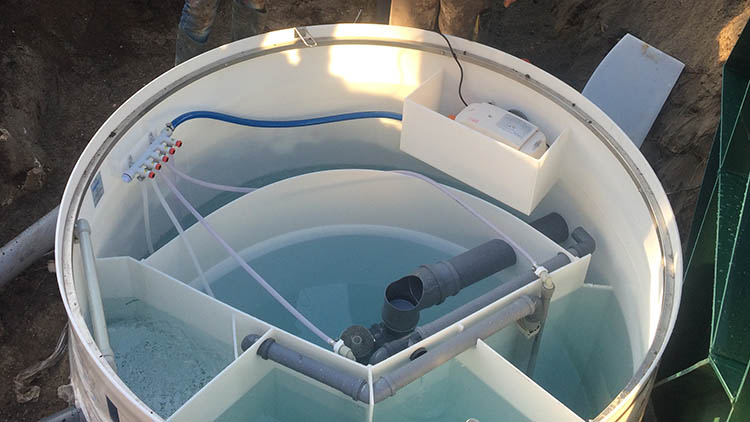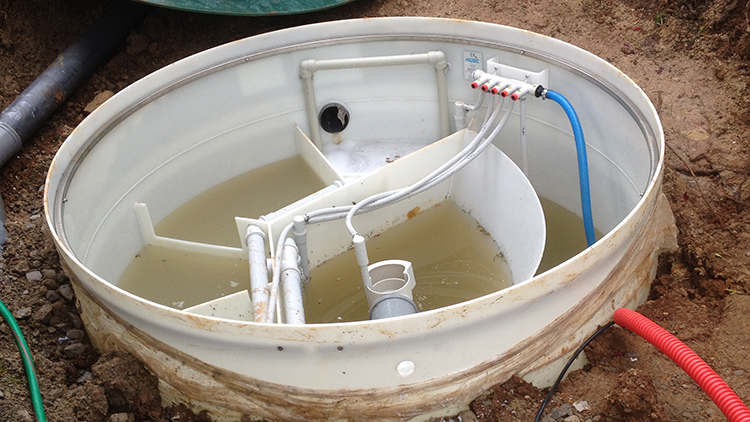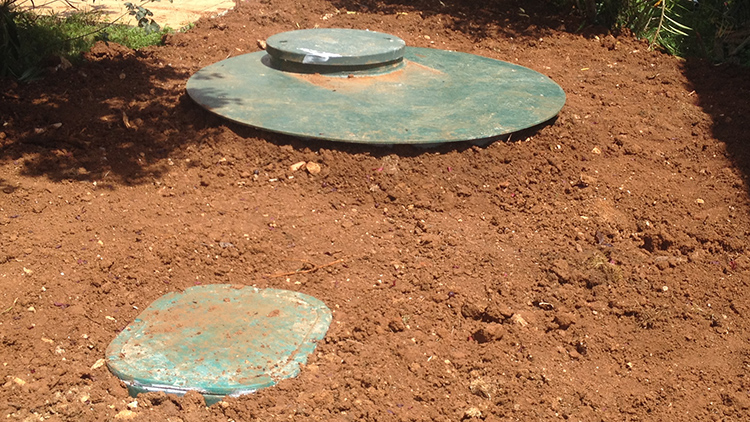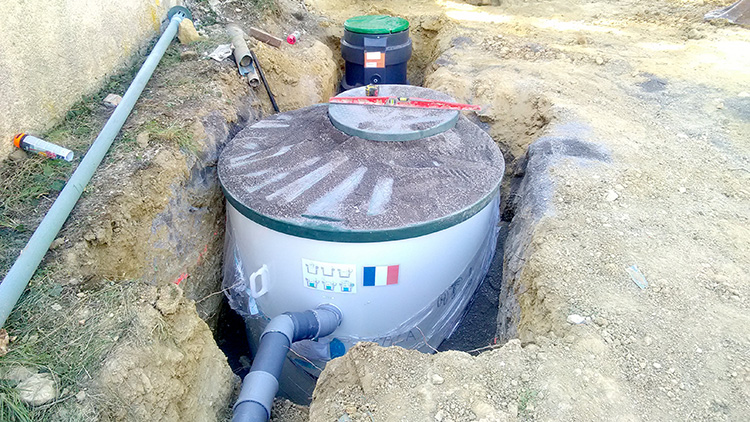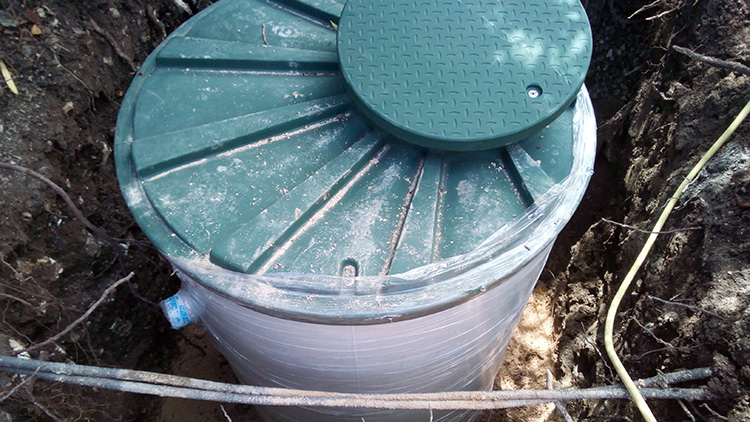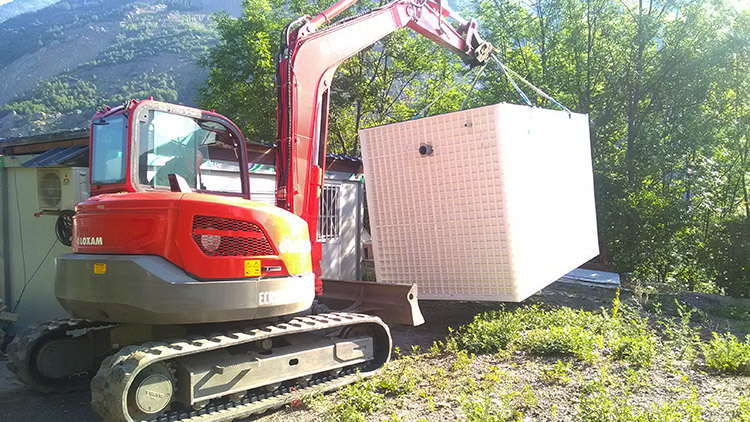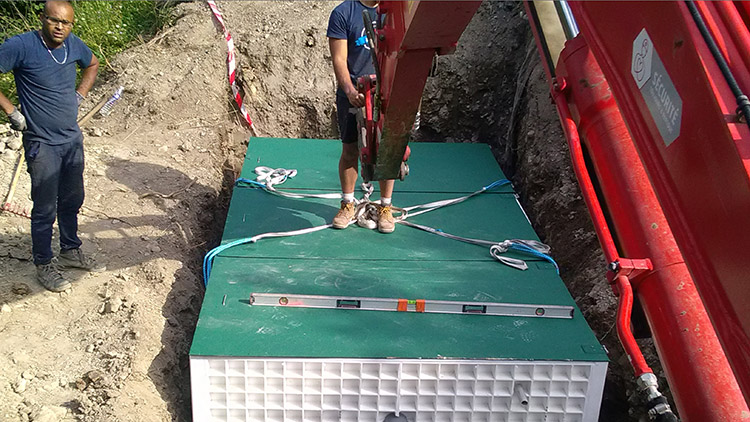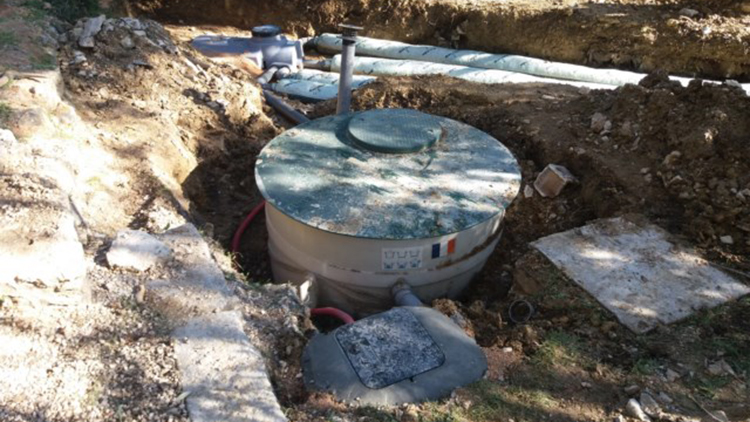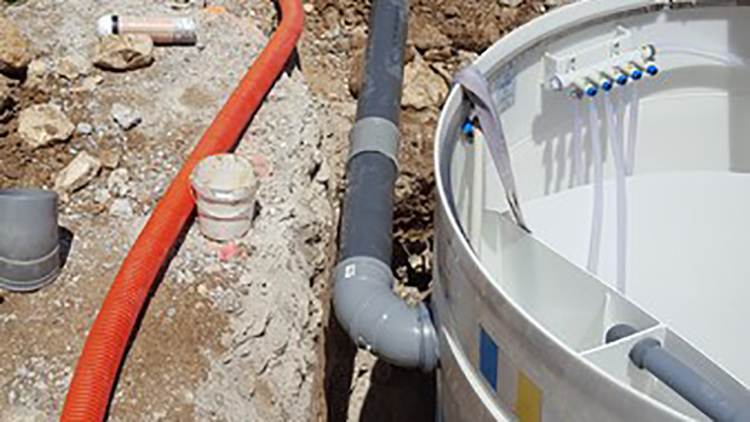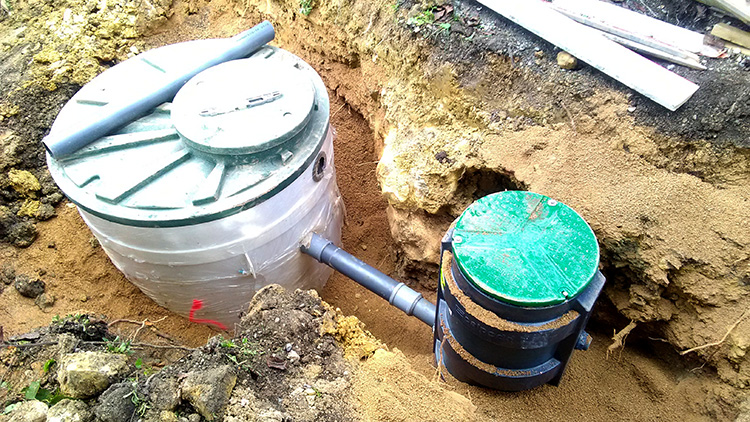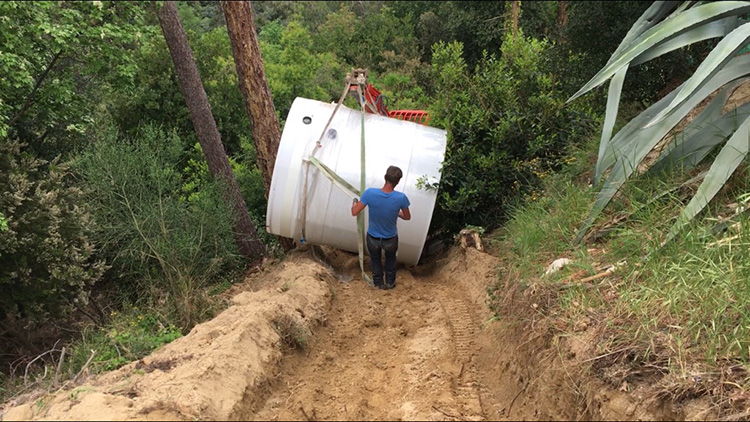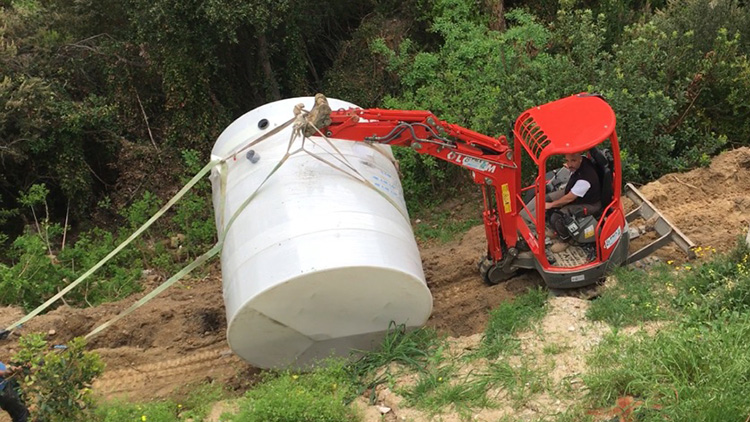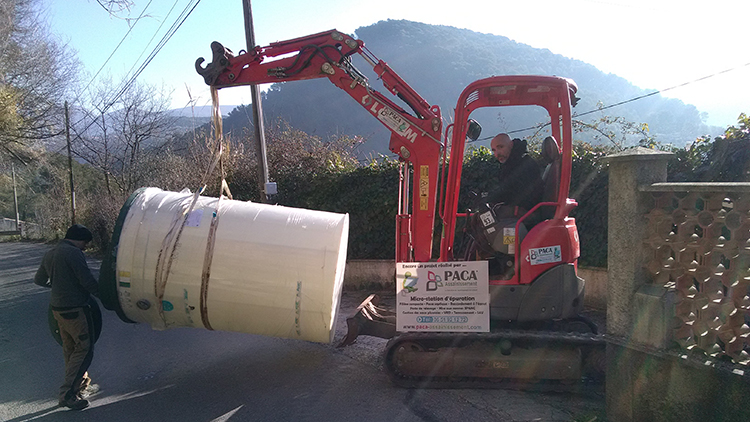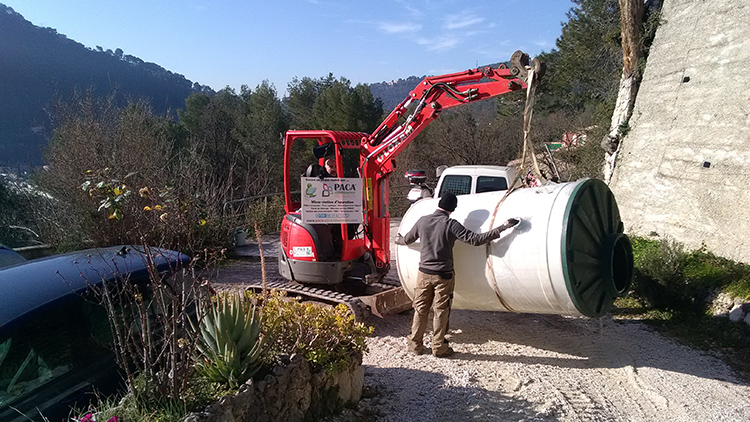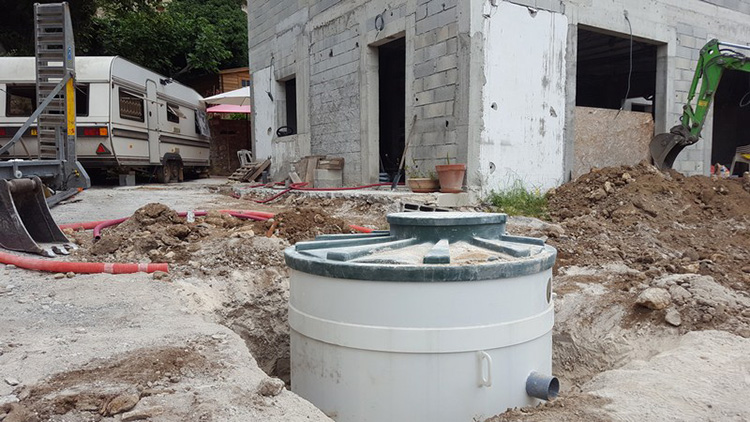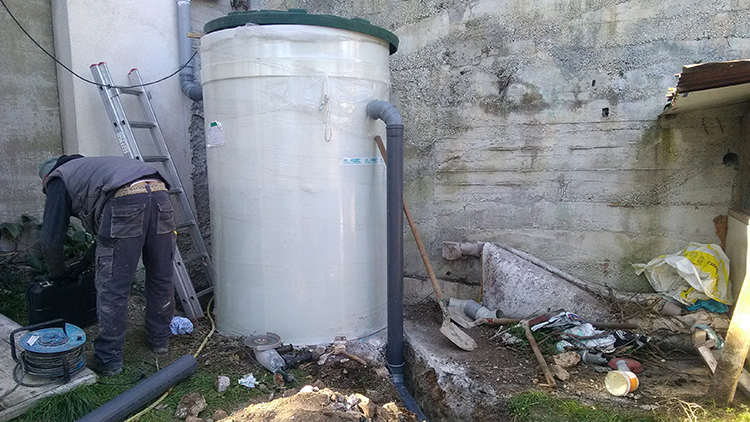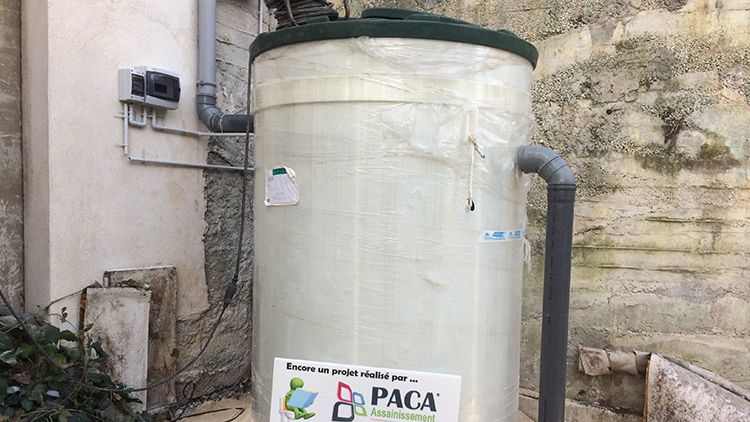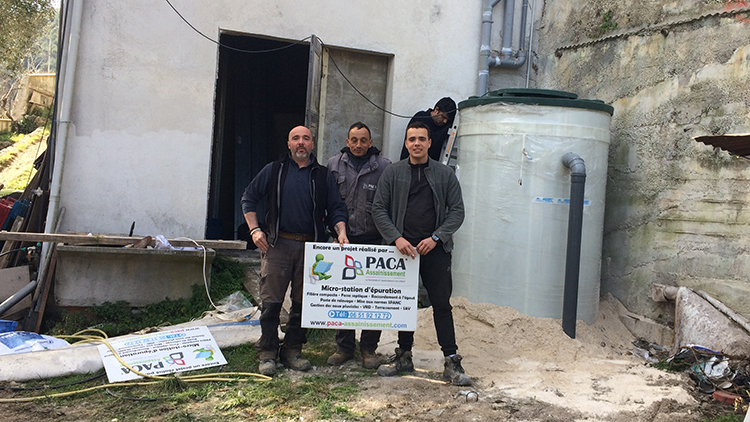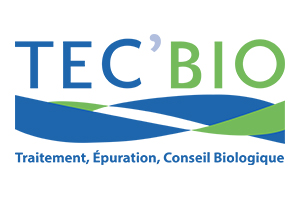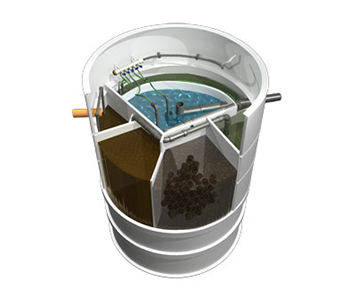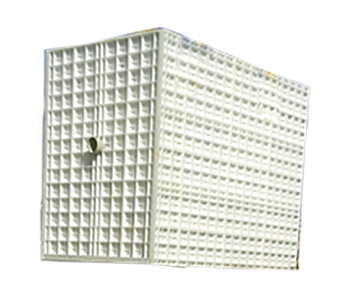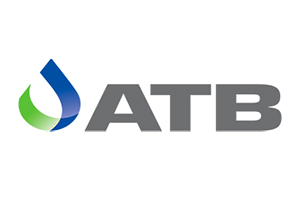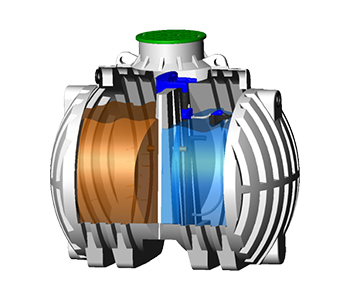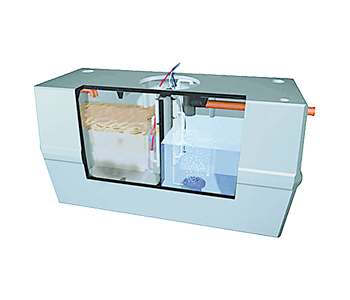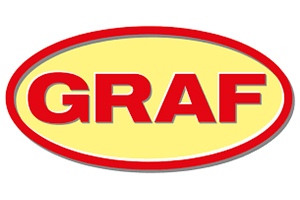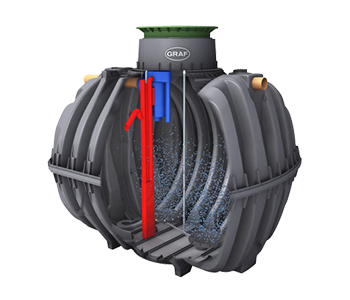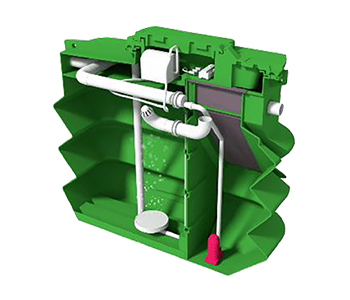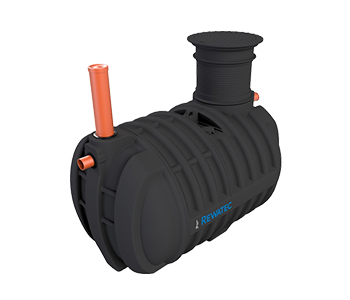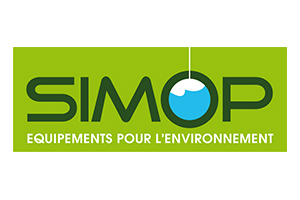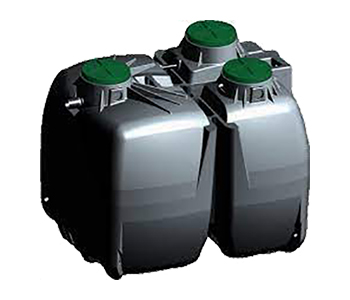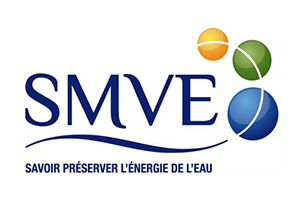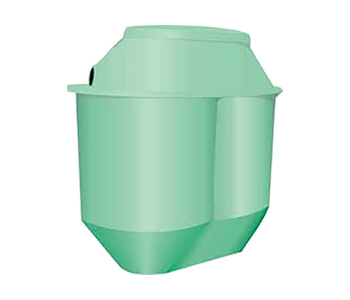- info@paca-environnement.com
- 1 rue du Gabian – Le Thalès 98000 Monaco
Micro station aerobic treatment system

Do you have a question?
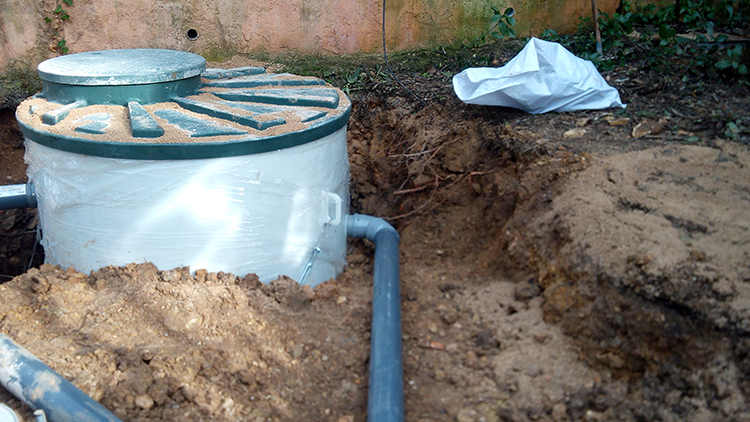
Micro station aerobic treatment system
A micro sewage treatment plant (MSE), also called a micro individual sewage treatment plant, is a domestic wastewater treatment device designed to be used as part of non-collective (ANC) or decentralized sanitation. It is intended to treat wastewater from an individual house, a small housing complex, a small business, or other structures that are not connected to a public sanitation network.
The main role of an MSE is to purify wastewater before its release into the environment.
Here’s how an MSE typically works:
1. Wastewater collection:
Wastewater from the house or building is collected in the MSE via the internal sewer network.
2. Biological treatment:
Inside the MSE, the wastewater undergoes a biological treatment process. Microorganisms, such as bacteria, aerobic or anaerobic bacteria, are used to break down organic matter present in wastewater. This biological degradation process reduces the pollution load and eliminates a large part of the contaminants.
3. Solids separation:
Solids resulting from treatment, such as activated sludge, are separated from the treated water. The sludge can be temporarily stored in a compartment of the MSE for later disposal.
4. Clarification:
Treated wastewater generally undergoes a clarification phase to remove suspended particles and obtain a better quality clarified effluent.
5. Disinfection (optional):
In some MSEs, a disinfection step may be included to kill remaining pathogenic germs. This can be achieved through chemical disinfection or, in some cases, exposure to ultraviolet (UV) light.
6. Discharge or reuse:
The treated effluent may then be discharged into the environment, usually through a land dispersal system (e.g. infiltration bed) or in some cases it may be reused for non-potable purposes, such as plant irrigation.
MSEs are used when space is limited, the soil does not allow adequate infiltration, or other local constraints make the use of other non-collective sanitation systems difficult. They offer the advantage of providing efficient on-site wastewater treatment while minimizing environmental impact. However, they require an electrical connection and regular maintenance, including emptying of accumulated sludge, to ensure their proper long-term operation.
IMPORTANT: an MSE is only administratively authorized for a main residence.
For main residences or permanent use
Our range of micro wastewater treatment plants
